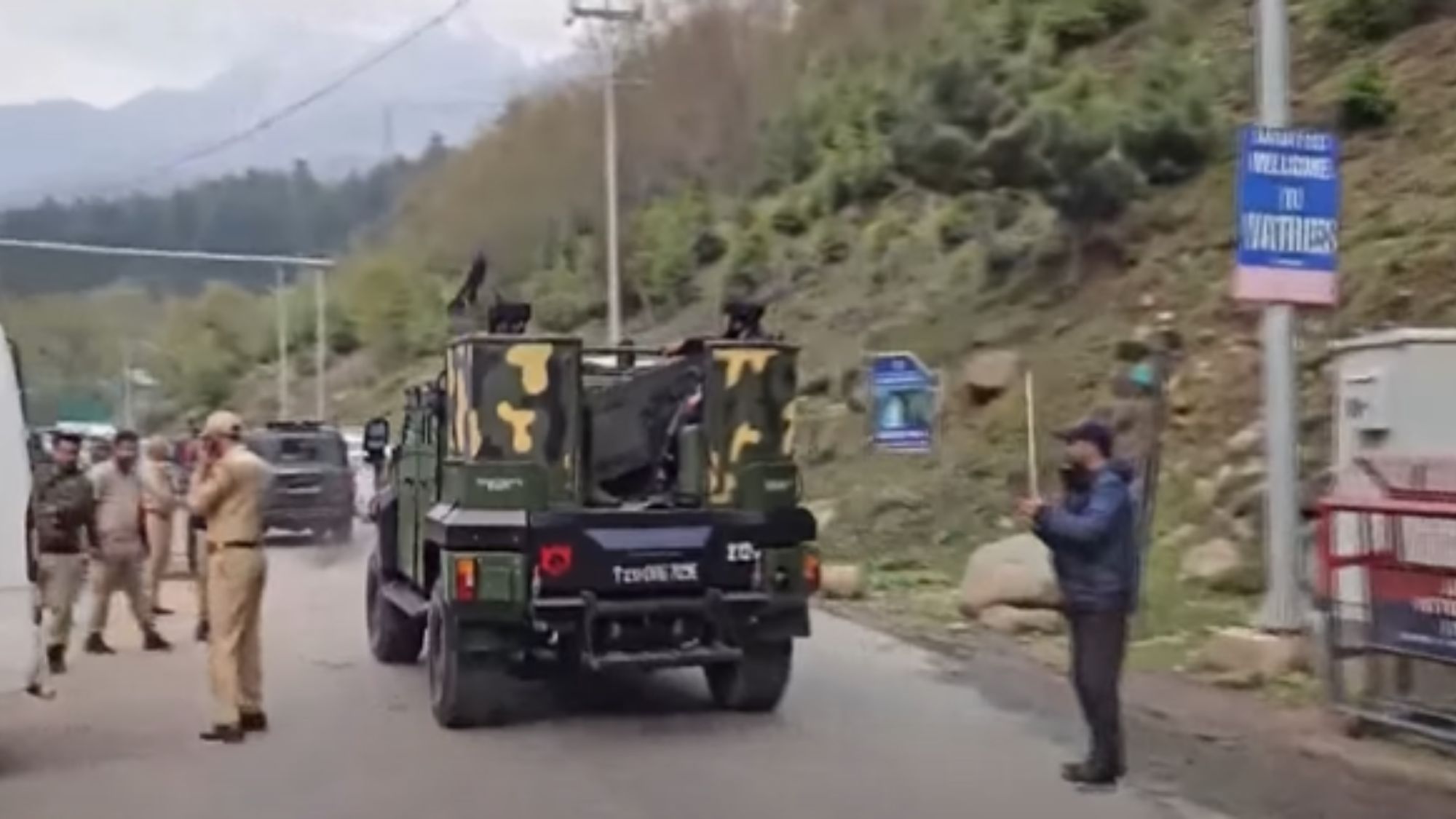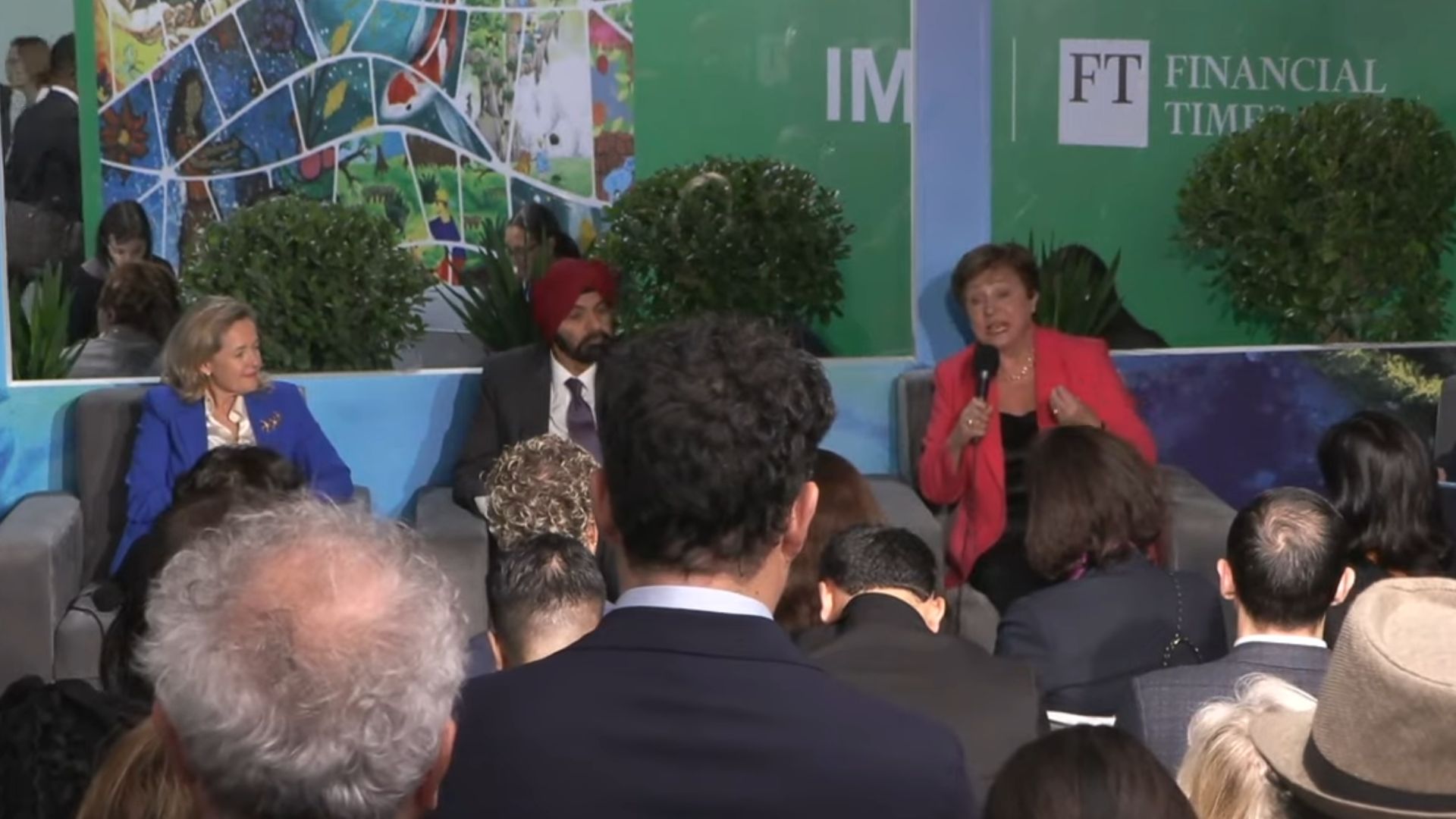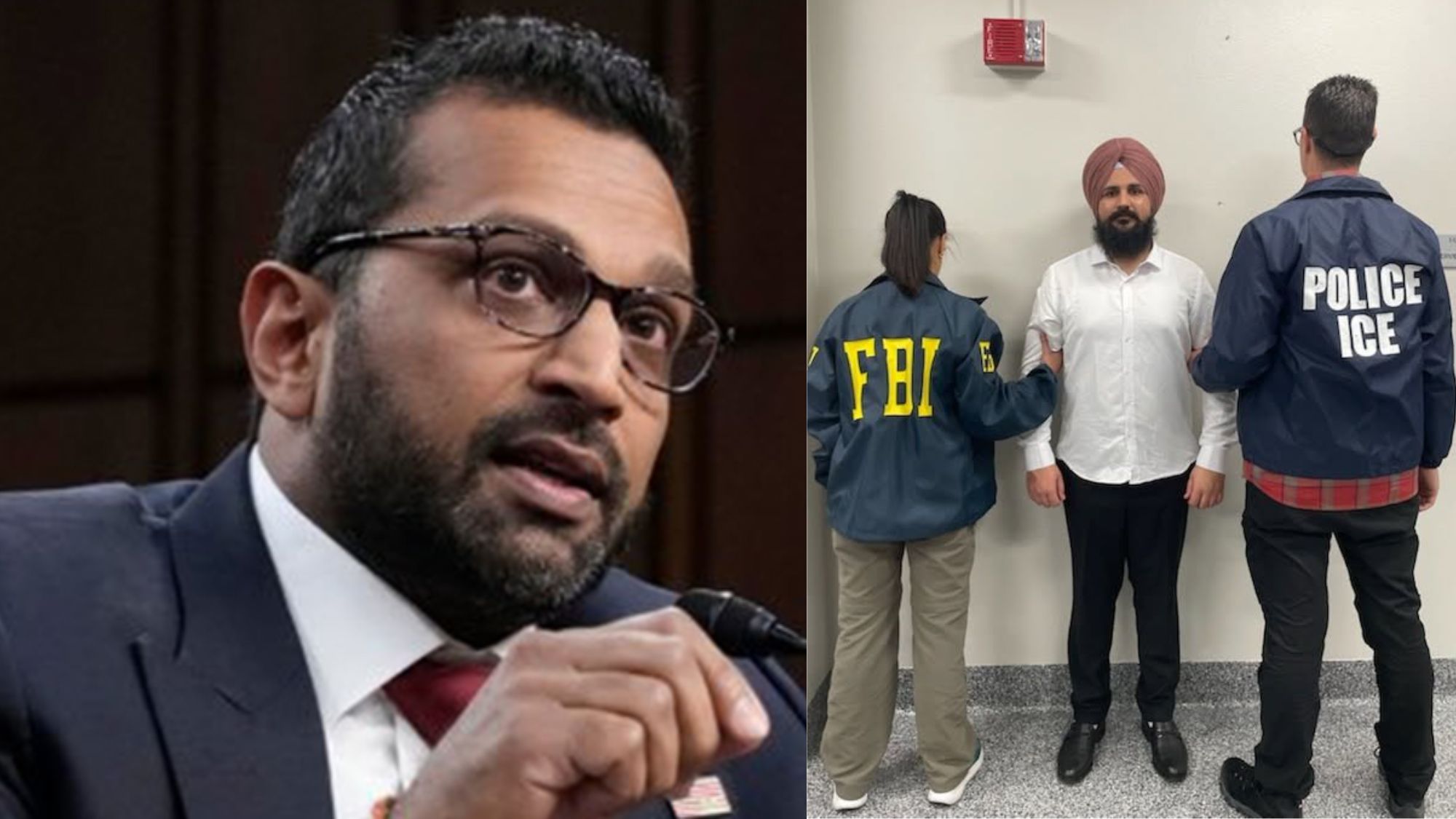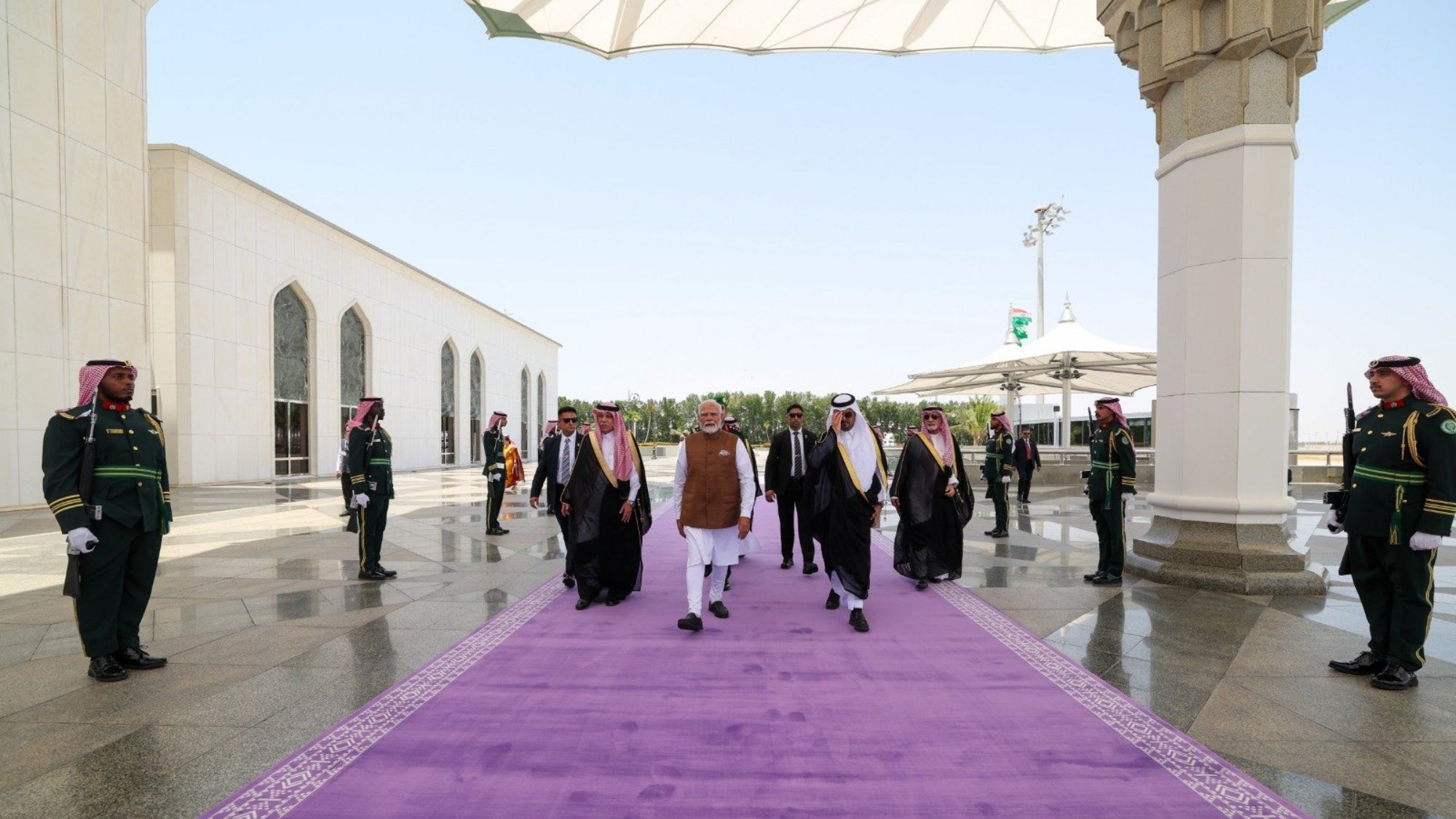SRINAGAR, India (Diya TV) — At least 28 tourists were killed and dozens more injured Tuesday when gunmen dressed in military fatigues opened fire at Baisaran meadow near the popular resort town of Pahalgam, Jammu and Kashmir, marking the region’s deadliest terrorist attack since India revoked Article 370 in 2019.
The Resistance Front, a proxy group linked to Pakistan-based Lashkar-e-Taiba (LeT), claimed responsibility for the ambush, according to intelligence sources cited by News18. The attack, which targeted visitors enjoying the scenic spot 7 kilometers from Pahalgam, sent shockwaves across India and revived grim memories of the 2000 Chittisinghpora massacre, where 36 Sikhs were gunned down on the eve of U.S. President Bill Clinton’s visit.
Survivors told local authorities the attackers, believed to be foreign nationals and numbering up to six, singled out victims by asking their names and demanding they recite Islamic verses before opening fire at close range. The shooting began around 1:30 p.m. as tourists, including families and honeymooners, relaxed under clear skies surrounded by snow-capped peaks and pine forests.
The victims included Indian Navy officer Vinay Narwal, who had married just last week, and two foreign nationals — one from Nepal and another from the United Arab Emirates. The attack also claimed the lives of women, elderly travelers, and children, many of whom were visiting Kashmir for the first time.
Security forces rushed to the scene, airlifting the wounded to nearby hospitals and launching a large-scale manhunt for the attackers. The area was quickly sealed off, and anti-terror operations continued late into the evening, officials said.
The timing of the assault has raised eyebrows, coinciding with Vice President J.D. Vance’s diplomatic visit to India and Indian Prime Minister Narendra Modi’s trip to Saudi Arabia to strengthen bilateral ties. Analysts noted the attack also followed a recent belligerent speech by Pakistan Army chief General Asim Munir, underscoring the region’s fragile security environment.
Sources told The Times of India the calculated targeting of tourists from diverse backgrounds seemed aimed at sparking communal unrest across India. For years, militants in Kashmir have typically avoided harming tourists, whose visits pump vital revenue into the region’s economy.
Jammu and Kashmir Chief Minister Omar Abdullah condemned the massacre as an “abomination,” calling it the worst civilian-targeted attack the region has witnessed in recent years. Political leaders from across party lines expressed outrage and solidarity with the victims’ families.
Prime Minister Modi, who was in Riyadh at the time, held a phone call with Home Minister Amit Shah to assess the situation. Modi later cut short his trip and canceled an official dinner to return to India. “I strongly condemn the terror attack in Pahalgam. Condolences to those who have lost their loved ones. I pray the injured recover at the earliest. Those behind this heinous act will not be spared,” he said in a statement posted on X.
The attack also drew swift international condemnation. President Donald Trump, Italian Prime Minister Giorgia Meloni, and Russian President Vladimir Putin were among world leaders who expressed solidarity with India following the massacre.
The assault has once again brought global attention to the continuing security crisis in Kashmir, a region long viewed as a flashpoint between nuclear-armed neighbors India and Pakistan. Security experts and diplomats alike warn the attack could reignite calls for international intervention, a goal some analysts believe Pakistan-backed terror groups are actively seeking by staging high-profile atrocities.




